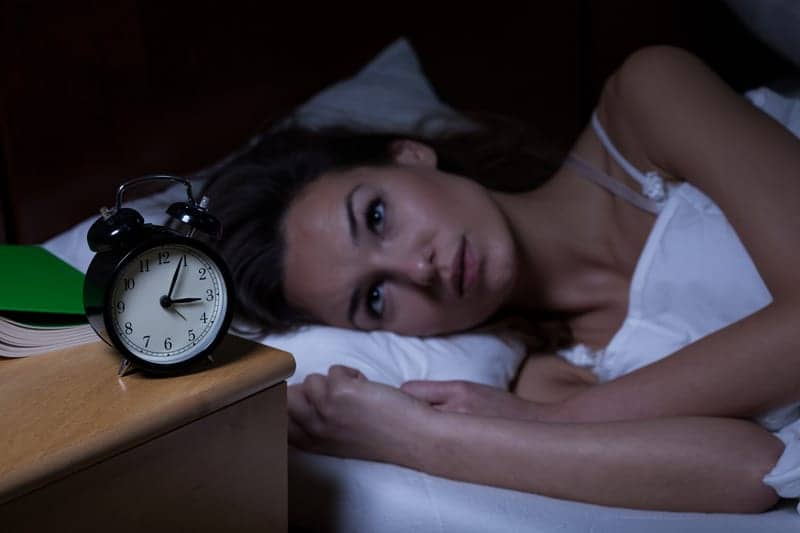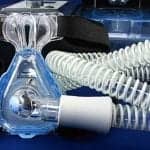Exercise May Reduce Negative Effects of Unhealthy Sleep on Lifespan
Sleeping too little or too long is linked with a shorter lifespan, but scientists have found that exercise counteracts some of these negative effects, according to a study of more than 90,000 adults.












